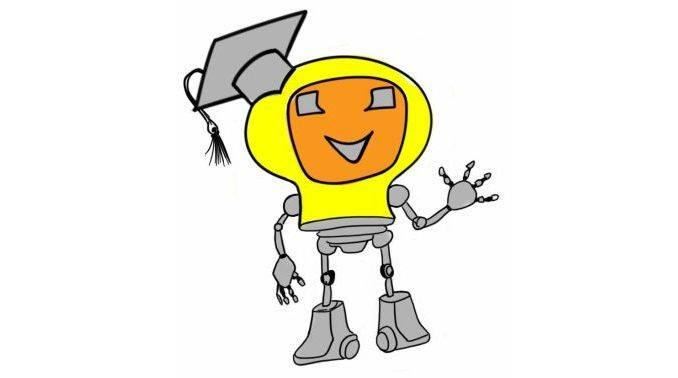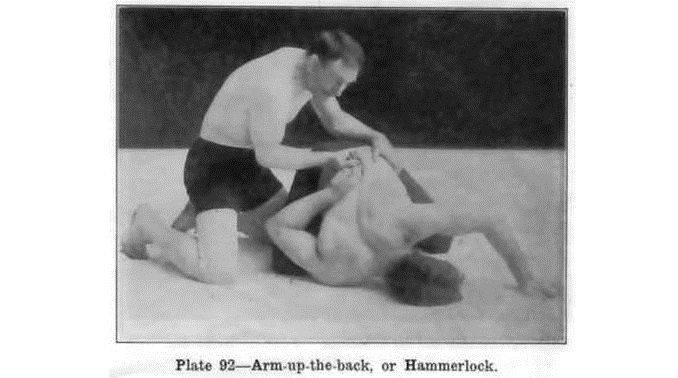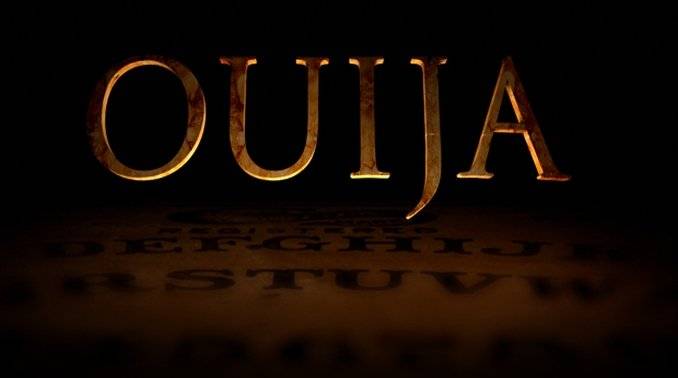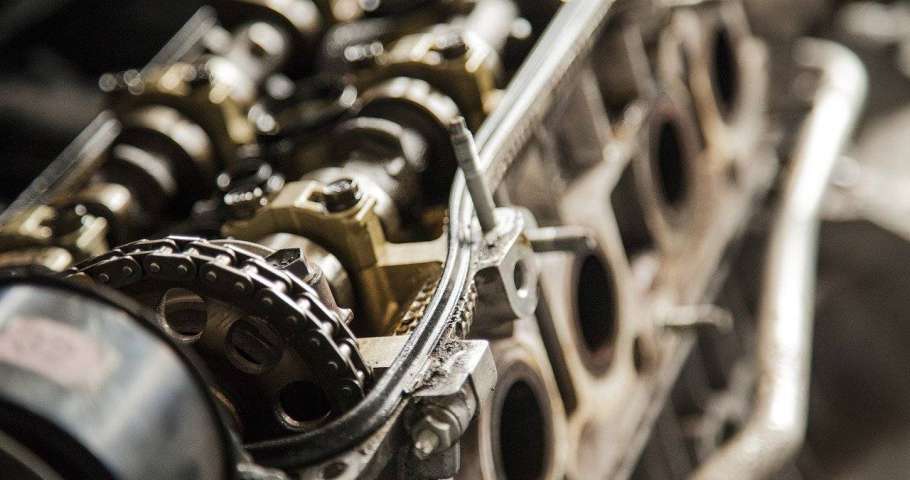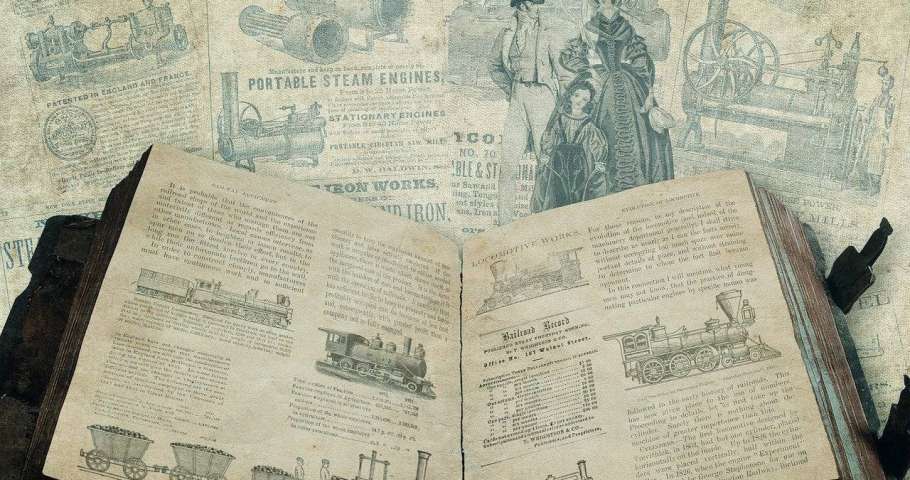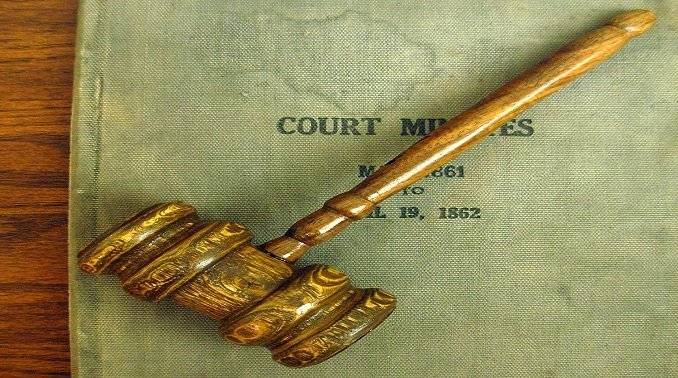This post was first published on 16th July, 2014.
Today, we will take a look at a case where the IPAB ruled in favor of the appellant, remanding the case back to the Controller on the principle of natural justice!
Telefonaktiebolaget Lm Ericsson (Publ) (Appellant) v/s Controller General of Patents and The Assistant Controller of Patents (Respondents)
Case: This particular order is in response to an appeal filed by Ericsson against the order passed by The Assistant Controller of Patents rejecting the…


